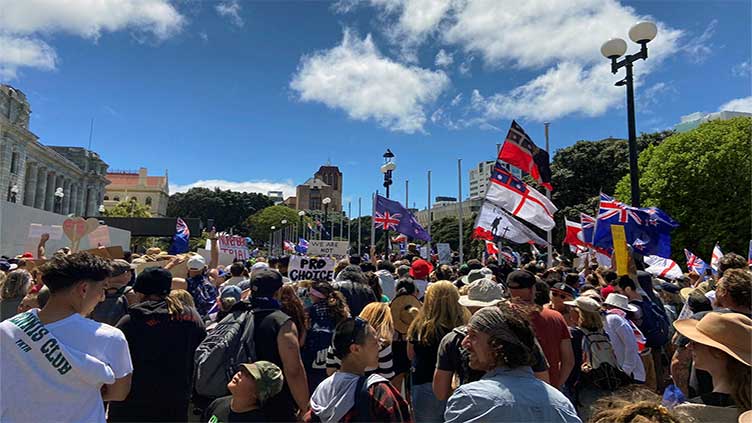New Zealand to shut indigenous health authority amid Maori protests

World
The Maori Health Authority was established in 2022 to improve health outcomes of Maori
WELLINGTON (Reuters) – New Zealand's Maori Health Authority will be shutdown by June 20, the health minister said on Tuesday, as the centre-right government winds back indigenous policies of previous governments.
The Maori Health Authority, or Te Aka Whai Ora, was established in 2022 to improve health outcomes of Maori, which lag the broader population. Maori make up 17% of the country's population.
Prime Minister Christopher Luxon's centre-right coalition, which took office in October, has promised to undo policies of previous governments, particularly those promoting the official use of the Maori language and seeking to enhance Indigenous living standards and rights.
The move is seen by many indigenous groups as undermining their rights and status and has sparked protests. Luxon says his policy is aimed at giving all New Zealanders equal rights.
Minister of Health Shane Reti said the Maori Health Authority will be absorbed by the national health system.
Transferring its roles into the public health system means the health system keeps the expertise it needs to improve health outcomes for all New Zealanders including Maori," Reti said in a statement.
The move was recommended by a permanent commission, known as the Waitangi Tribunal, which has been hearing claims from Maori since the 1970s and suggesting redress where necessary.
Jacqui Harema, chief executive of the largest Maori public health entity Hapa to Hauora, said Maori knew better how to look after their own people and to improve their outcomes and for the Maori Health Authority to be disestablished was alarming.
"Maori know what is best for them. They need to be able to be funded to be able to resource solutions that are grounded in our own world view for our own people," Harema said.
Harema said for example where Maori heath providers were funded to deliver COVID-19 vaccines they were more successful at reaching their population because they worked with families, had vaccines providers who were known in communities and the information provided spoke to their populations.
Maori groups and tribes have been pushing back on government reforms to indigenous policies with nationwide protests being held and some have taken legal action. A claim has been lodged with the Waitangi Tribunal over the plan to close the Maori Health Authority but the closure will be official before the Tribunal hears the claim.


